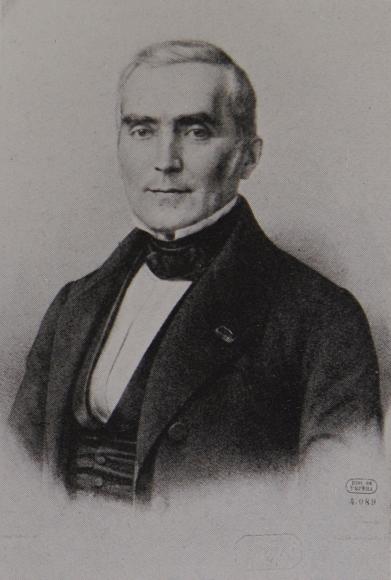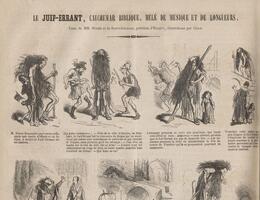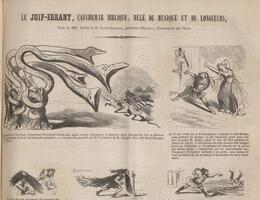
Eugène SCRIBE
1791 - 1861
Librettist
Although discredited by posterity, Eugène Scribe was the most widely performed, most popular dramatist of his time. Throughout his long career—from his debut in 1810 to his death in 1861—he produced over 400 plays. He breathed new life into the genre of vaudeville by reducing the number of couplets, making the plots more complex and bringing the habits and customs of his contemporaries to the stage. He adapted the expertise acquired in this repertory—mainly performed at the Théâtre du Gymnase—to the comedies performed at the Théâtre Français. In addition to this dramatic repertory, Scribe’s output dominated the opera stage (94 opéra comique librettos, 30 opera librettos and 8 ballet scenarios). He made a name for himself at the Opéra-Comique with La Dame blanche (1825, set to music by Boieldieu), followed by other big successes: Fra Diavolo, Le Domino noir and Manon Lescaut (Auber), Le Chalet (Adam), La Fée aux roses (Halévy) and L’Étoile du nord (Meyerbeer). At the Paris Opéra, Scribe and Auber revolutionised “grand opera” with La Muette de Portici (1828), a genre later brought to the fore by the work of Meyerbeer, also in collaboration with Scribe: Robert le diable (1831), Les Huguenots (1836), Le Prophète (1849) and L’Africaine (1865). In addition, Scribe wrote opera librettos for Rossini (Le Comte Ory, adaptation in 1828), Halévy (La Juive, 1835), Donizetti (La Favorite, 1840), Gounod (La Nonne sanglante, 1854) and Verdi (Les Vêpres siciliennes, 1855). Always written to showcase the music, these librettos had the great merit of furnishing composers with varied and compelling situations.
Scientific publications
Publication
Giacomo Meyerbeer. Robert le Diable
Symposia













